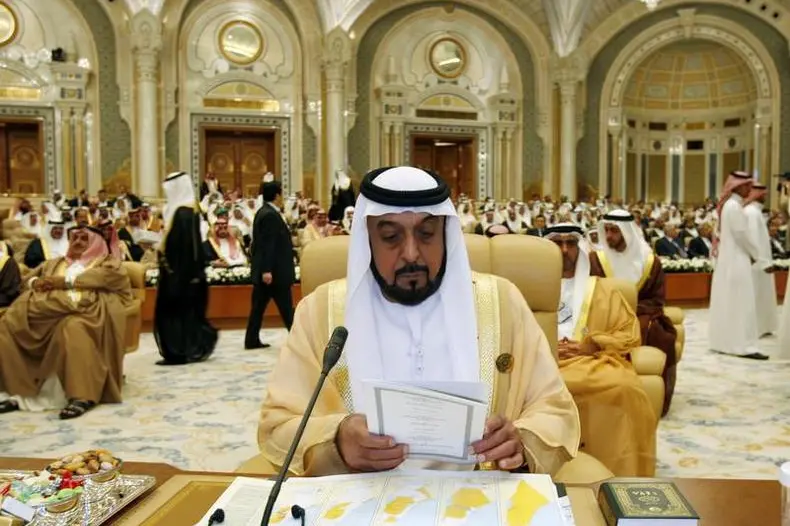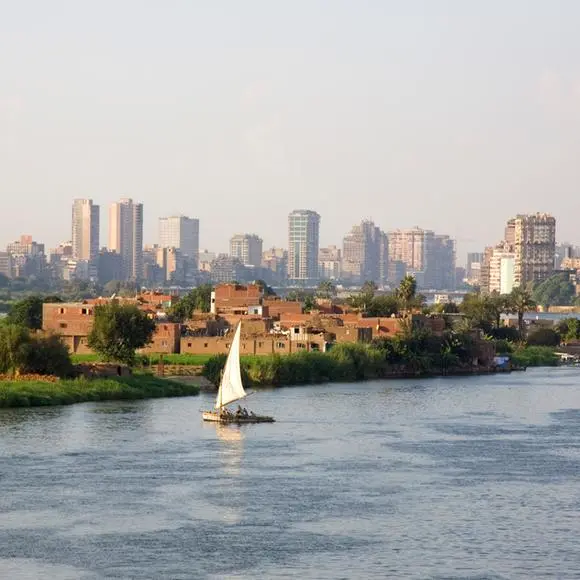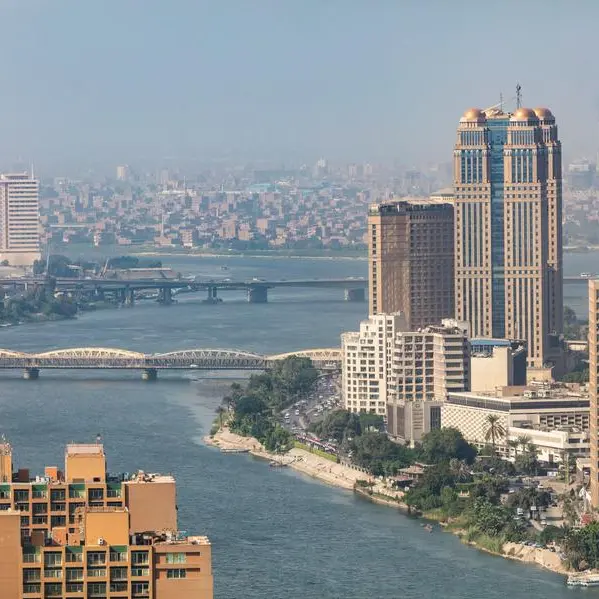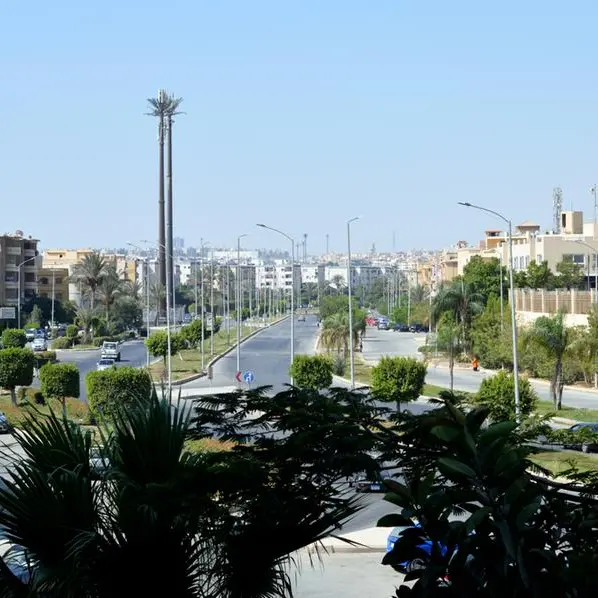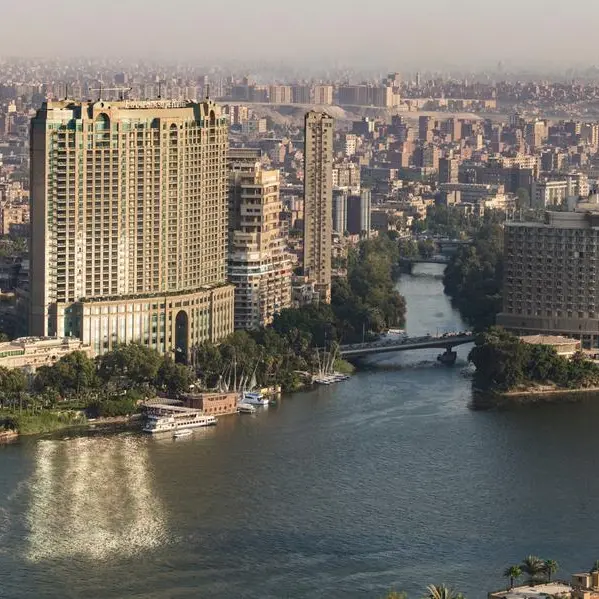PHOTO
DUBAI, June 8 (Reuters) - The president of the United Arab Emirates (UAE) has sent condolences to his Iranian counterpart after at least 13 people were killed in militant attacks on Iran's parliament and Ayatollah Khomeini's mausoleum in Tehran.
The unprecedented assault in the highly controlled Shi'ite Muslim country was claimed by the Sunni militant Islamic State group. Iran's Revolutionary Guards blamed regional Sunni rival Saudi Arabia, a UAE ally. Riyadh denied involvement.
The UAE state news agency WAM said President Sheikh Khalifa bin Zayed al-Nahayan had condemned "the horrific crime".
"His Highness Sheikh Khalifa expressed his sincere condolences to the Iranian people and the families of the victims, wishing the injured a speedy recovery," the message to President Hassan Rouhani said, according to WAM.
Tensions have been rising between conservative U.S.-allied Gulf Arab states, including the UAE, and non-Arab Iran over accusations that Tehran is meddling in the affairs of its Arab neighbours, a charge the Islamic Republic denies.
Riyadh and Tehran vie for predominance in the Gulf and influence in the wider Islamic world. The attacks in Tehran came days after Riyadh and other Sunni Muslim powers cut ties with Qatar, accusing it of backing Tehran and militant groups.
(Reporting by Hadeel al-Sayegh writing by Sami Aboudi; editing by Mark Heinrich) ((Sami.Aboudi@thomsonreuters.com; +97143918301;))
The unprecedented assault in the highly controlled Shi'ite Muslim country was claimed by the Sunni militant Islamic State group. Iran's Revolutionary Guards blamed regional Sunni rival Saudi Arabia, a UAE ally. Riyadh denied involvement.
The UAE state news agency WAM said President Sheikh Khalifa bin Zayed al-Nahayan had condemned "the horrific crime".
"His Highness Sheikh Khalifa expressed his sincere condolences to the Iranian people and the families of the victims, wishing the injured a speedy recovery," the message to President Hassan Rouhani said, according to WAM.
Tensions have been rising between conservative U.S.-allied Gulf Arab states, including the UAE, and non-Arab Iran over accusations that Tehran is meddling in the affairs of its Arab neighbours, a charge the Islamic Republic denies.
Riyadh and Tehran vie for predominance in the Gulf and influence in the wider Islamic world. The attacks in Tehran came days after Riyadh and other Sunni Muslim powers cut ties with Qatar, accusing it of backing Tehran and militant groups.
(Reporting by Hadeel al-Sayegh writing by Sami Aboudi; editing by Mark Heinrich) ((Sami.Aboudi@thomsonreuters.com; +97143918301;))
